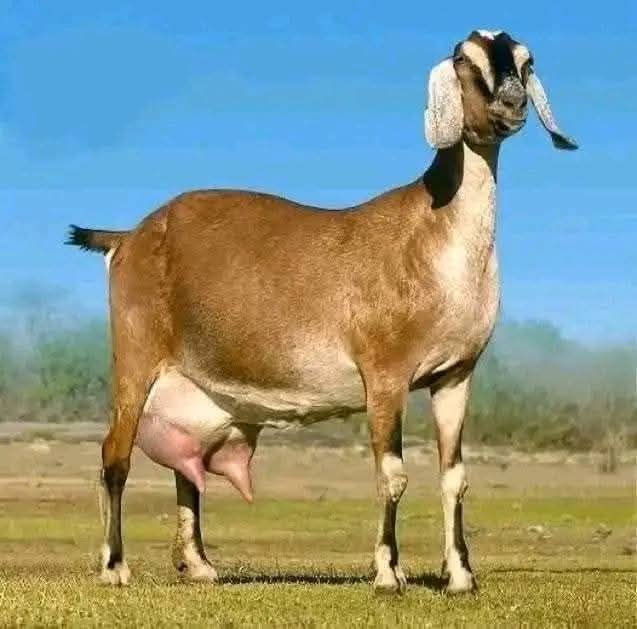Kano state governor Abba Yusuf has launched the second phase of a women empowerment initiative under the Livestock Fattening Programme of the Kano Agro-Pastoral Development Project (KSADP).
Valued at N2.3 billion, the initiative aims to alleviate poverty and promote economic self-reliance, according to a statement by the governor’s spokesperson, Sanusi Dawakin-Tofa, on Tuesday in Kano.
Distribution across 44 LGAs
The programme includes the distribution of livestock to women across Kano’s 44 local government areas. Each beneficiary received three goats to kickstart their journey in livestock entrepreneurship.
ALSO READ WEF: 5 key AI trends set to revolutionize agriculture in 2025
“The governor reaffirmed his administration’s commitment to addressing poverty through innovative and inclusive approaches,” Dawakin-Tofa noted,
In this phase, a total of 7,158 goats have been distributed to 2,386 women beneficiaries. Future phases will involve the provision of 1,342 cows and 1,822 rams to both women and youth.
Broader economic strategy
Governor Yusuf emphasized that the initiative is part of a comprehensive strategy to empower vulnerable groups and foster economic independence among women and youth.
He cautioned beneficiaries against misusing the livestock, stressing the importance of accountability and responsibility to ensure the programme achieves its goals.
“The groundbreaking initiative underscores our administration’s commitment to sustainable development and empowering communities to drive grassroots economic growth,” the governor stated.
Transformative impacts
By integrating women and youth into the agricultural value chain, the programme seeks to Enhance household income, Reduce dependency on government aid, and Strengthen food security.
The initiative has been widely praised as a significant step toward improving livelihoods and creating wealth in Kano’s rural communities.
“This empowerment programme is a testament to Governor Yusuf’s vision for inclusive development and economic transformation in Kano State,” Dawakin-Tofa concluded.



